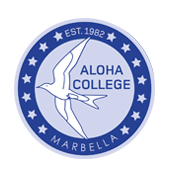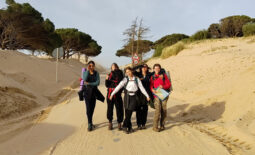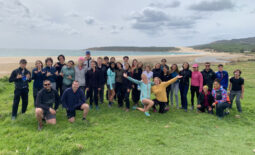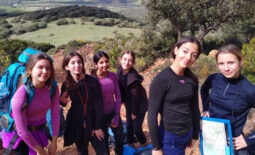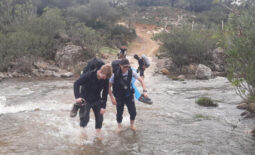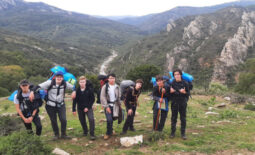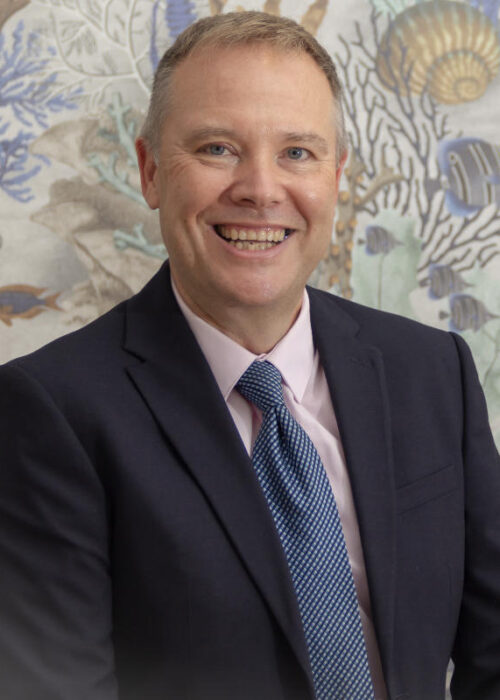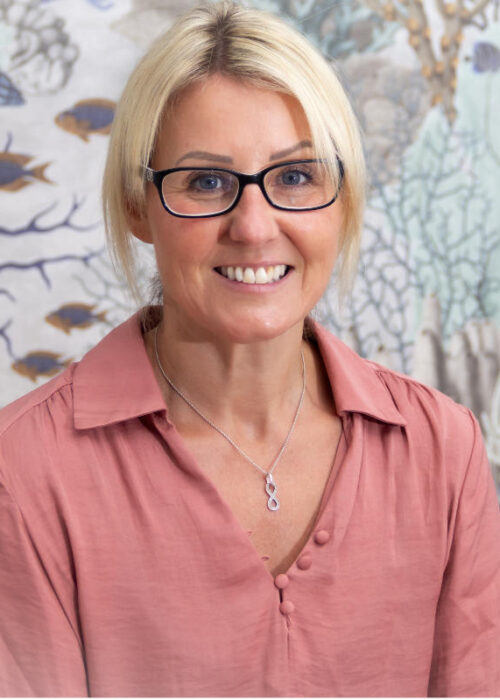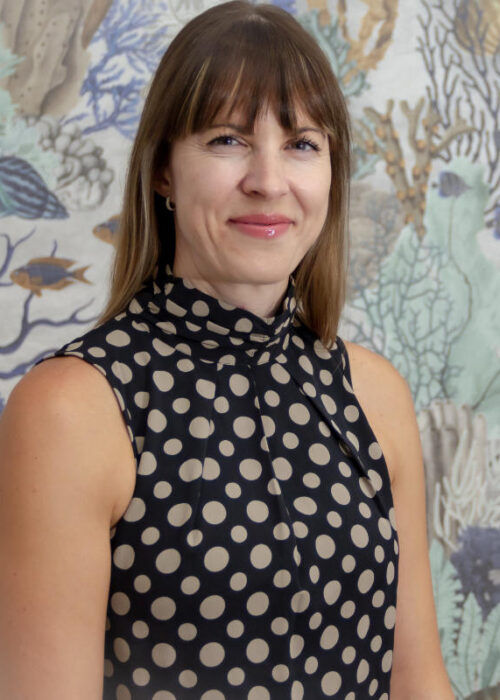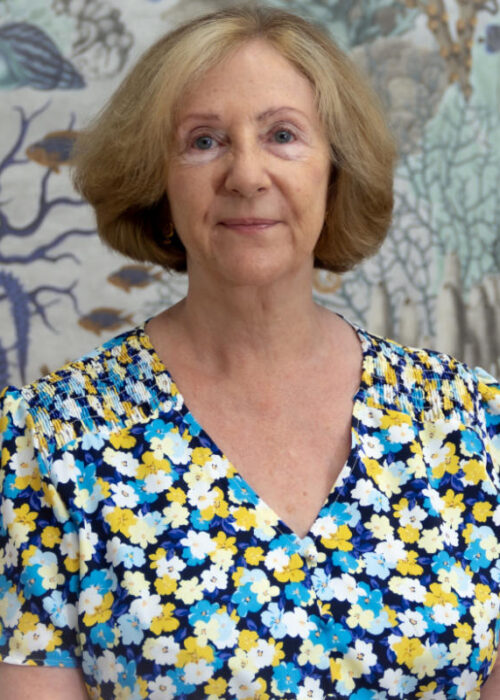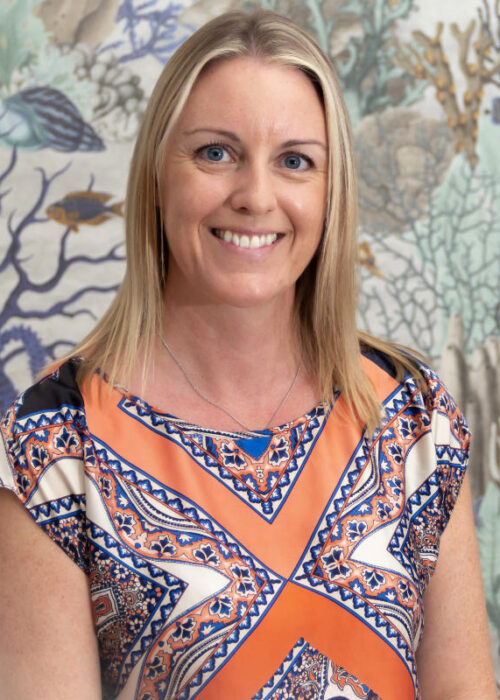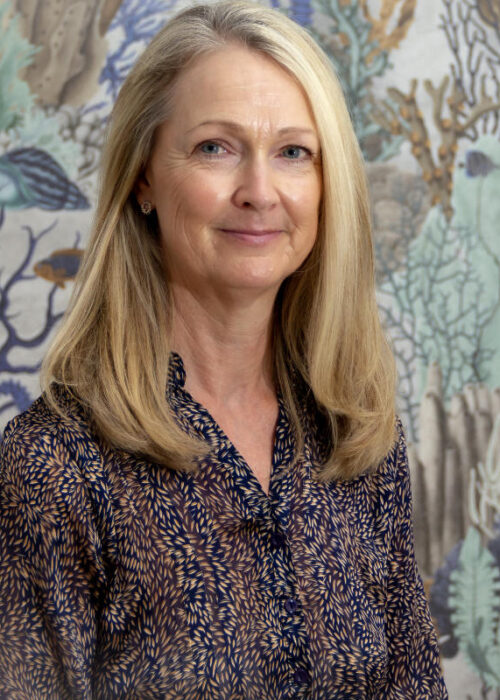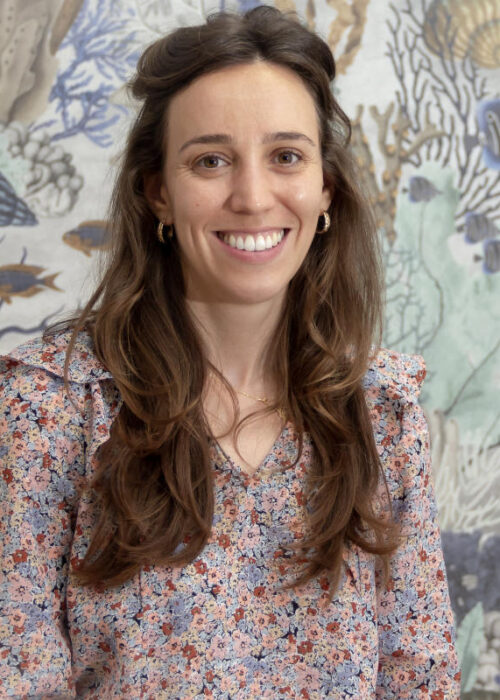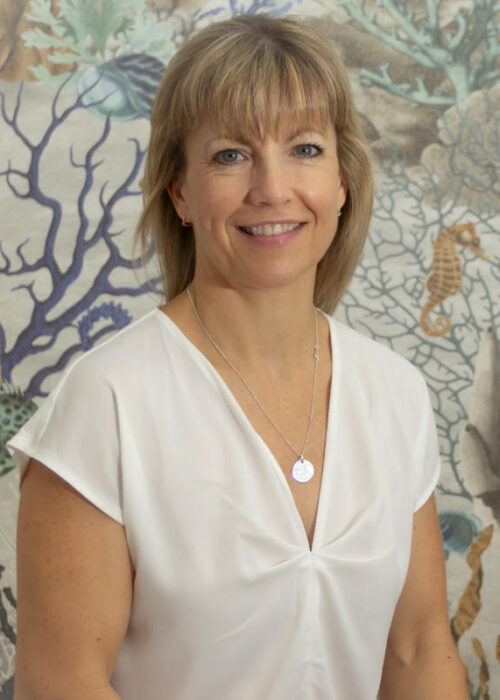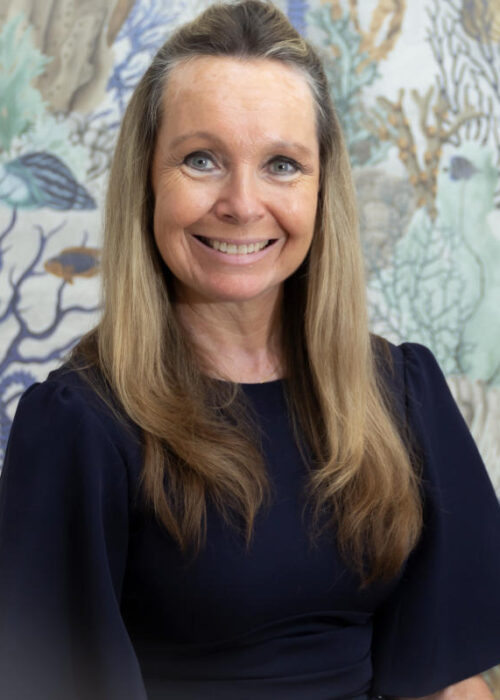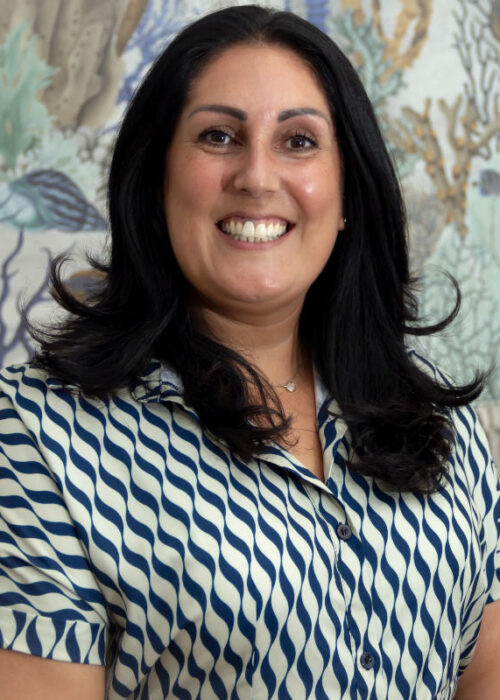
What is the International Duke of Edinburgh Award?
The International Duke of Edinburgh’s award is a global framework for non-formal education and learning. The Award allows young people’s achievements to be consistently recognised worldwide, giving them unique international accreditation of their experiences.
¨ Activities like this unique award program not only help people become stronger and more resilient but help to nurture certain characteristics that none of us thought we had.¨ Aloha Student Y11
¨ The entire experience has taught me so many important life skills aside from what is meant to be learnt. ¨ Aloha Student Y11
¨ It’s a great learning experience for all. I myself learnt a lot and what I think was my favourite part was meeting new people and being able to experience this with them.¨ Aloha Student Y10
Section of the Award
To achieve their Award, all candidates must complete four sections. There are many opportunities in school but pupils are free to find opportunities in the local community.
This section provides the opportunity for a participant either to improve on an existing skill, or to try something entirely new. It leads to a sense of achievement and well-being, and possibly improved employability through the development of life and vocational skills; for example: playing a musical instrument, learning a craft, cookery or website design.
For this section participants are required to give service (volunteer) over a set period of time. This enables them to experience the benefits that their Voluntary Service provides to others in their community. This can encompass activities such as work in the service of the community, participating in eco-club, walking dogs for a rescue centre or any charity work.
This section encourages young people to participate in sport and other physical recreation for the improvement of health, fitness and wellbeing. For example: basketball, football or cross country running clubs.
Students are trained for and assessed on their ability to plan and undertake an independent and self-sufficient expedition in a group of between four and seven pupils.
Bronze expeditions are for one night and two days. Silver expeditions are for two nights and three days. Recent expeditions have been to Jimena de La Frontera and Tarifa.
On Fridays after school students undertake compulsory expedition training. This may include skills relating to map reading, navigation and orientation, campcraft: cooking and putting up tents, training hikes to boost fitness levels, kit function and packing a rucksack, and how to respond to emergency scenarios. Students at Bronze level also receive official First Aid training from an outside provider and receive an emergency first responder qualification so they are prepared to deal with every eventuality.
Students start the Bronze award in Year 10. Those who wish to proceed to the Silver Award in Year 11 are required to have completed Bronze.
